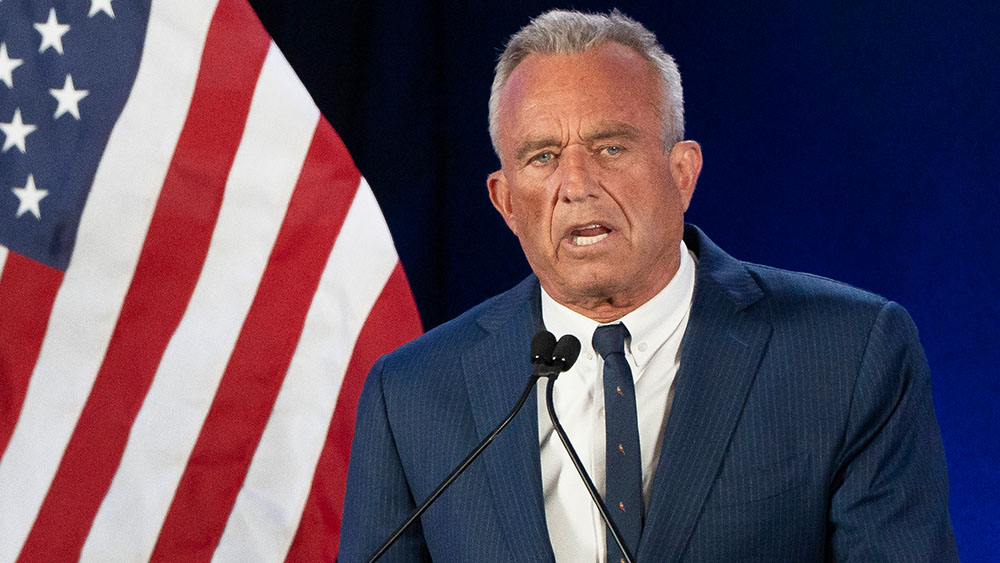
A family in Vermont whose 6-year-old son was given a COVID-19 vaccine against their wishes has appealed a ruling by the Vermont Supreme Court that essentially granted immunity to government and school personnel when mandating vaccines.
According to the Vermont Supreme Court, the Public Readiness and Emergency Preparedness Act (PREP) prohibits this type of claim, completely ignoring the longstanding protections afforded by informed consent and parental rights.
The PREP Act, which was enacted in 2005, provides immunity from liability for claims related to administering countermeasures to diseases, among other things, except in cases where willful misconduct can be proven.
In the case, the boy's school hosted a COVID-19 vaccine clinic in November 2021 in conjunction with the Vermont Department of Health. Students needed to receive parental consent before they could get jabbed, and the boy’s family did not consent.
His father spoke to the school’s assistant principal a few days beforehand to make sure that his son would not be given a COVID-19 vaccine and said that he would keep him home on the day of the clinic if necessary. School officials assured him that he could attend school that day and everything would be fine; the assistant principal also noted that the uptake on the program was not as high as he would have liked.
However, on the day of the clinic, the boy was somehow given an arm tag that had another boy's name and administered the vaccine even as he vocally protested it. He told those administering the vaccine that “Dad said no,” but they gave him a stuffed animal to distract him and called him a “brave little boy” while injecting the Pfizer vaccine poison into his body. They then placed a vaccine card in his backpack with the other boy’s name and the vaccine lot number; the other student had already been given his jab earlier that day.
Interestingly, the school in question, which is a public school, was eligible for financial “awards” given by the state of Vermont to schools based on their vaccination rates. The school did not explain how they managed to make such a mistake, and the boy's parents transferred him to a private school after the incident.
A dangerous precedent
Unfortunately, the ruling sets a dangerous precedent as other courts could use the federal preemption of family rights and informed consent rights that it implies. A similar case in North Carolina involving a football player who was given a vaccine against his wishes is currently working its way through the court system there.
John Klar, who was the lead attorney on the case, stated: “Congress never intended for the PREP Act to abolish fundamental medical ethics or the legal rights of patients and parents. The PREP Act does not shield public servants from accountability for actions that have nothing to do with vaccine safety or efficacy.”
He explained why this case is different, adding: “The Politellas did not sue a vaccine manufacturer for a harmful product; they sued school officials who inflicted very real harm.”
If this decision stands, he believes that a mistrust of vaccines could soon give way to “public school hesitancy.” This type of scenario is just one of many reasons so many parents are turning to homeschooling.
Vermont has consistently shown a disregard for young people’s health and parental rights. Minor children are permitted to obtain dangerous interventions like transgender hormones there without parental consent, and laws passed this year prevent parents from seeing which library books their children check out starting at age 12.
Sources for this article include:
Please contact us for more information.




















